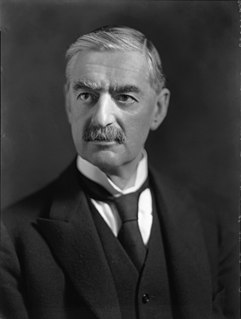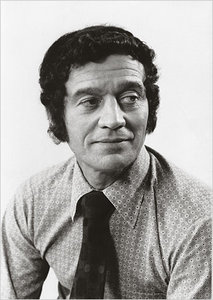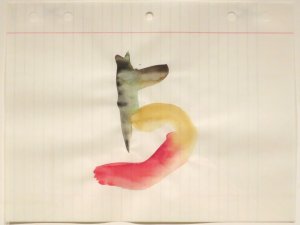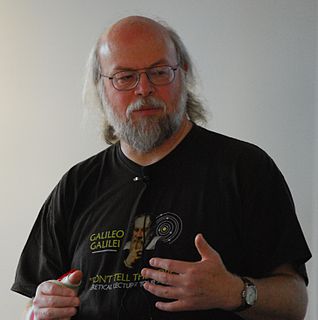A Quote by Michel De Certeau
The panorama-city is a 'theoretical' (that is, visual) simulacrum, in short a picture, whose condition of possibility is an oblivion and a misunderstanding of practices.
Related Quotes
But what if God himself can be simulated, that is to say can be reduced to signs that constitute faith? Then the whole system becomes weightless, it is no longer anything but a gigantic simulacrum - not unreal, but simulacrum, that is to say never exchanged for the real, but exchanged for itself, in an uninterrupted circuit without reference or circumference.
You cannot attain and maintain physical condition unless you are morally and mentally conditioned. And it is impossible to be in moral condition unless you are spiritually conditioned. I always told my players that our team condition depended on two factors / how hard they worked on the floor during practice and how well they behaved between practices.
If you're going to be a visual artist, then there has to be something in the work that accounts for the possibility of the invisible, the opposite of the visual experience. That's why it's not like a table or a car or something. I think that that might even be hard for people because most of our visual experiences are of tables. It has no business being anything else but a table. But a painting or a sculpture really exists somewhere between itself, what it is, and what it is not-you know, the very thing. And how the artist engineers or manages that is the question.
In the Java world, security is not viewed as an add-on a feature. It is a pervasive way of thinking. Those who forget to think in a secure mindset end up in trouble. But just because the facilities are there doesn't mean that security is assured automatically. A set of standard practices has evolved over the years. The Secure Coding Standard for Java is a compendium of these practices. These are not theoretical research papers or product marketing blurbs. This is all serious, mission-critical, battle-tested, enterprise-scale stuff.
They're done by guys who have talked a good game and then have scrambled together the simulacrum of a drama, so actors are habituated to sometimes having to save a picture on the floor because it's usually part of their job, but they'd rather have a writer doing his job, so that they can do theirs. But I like nothing better than working with actors.


































